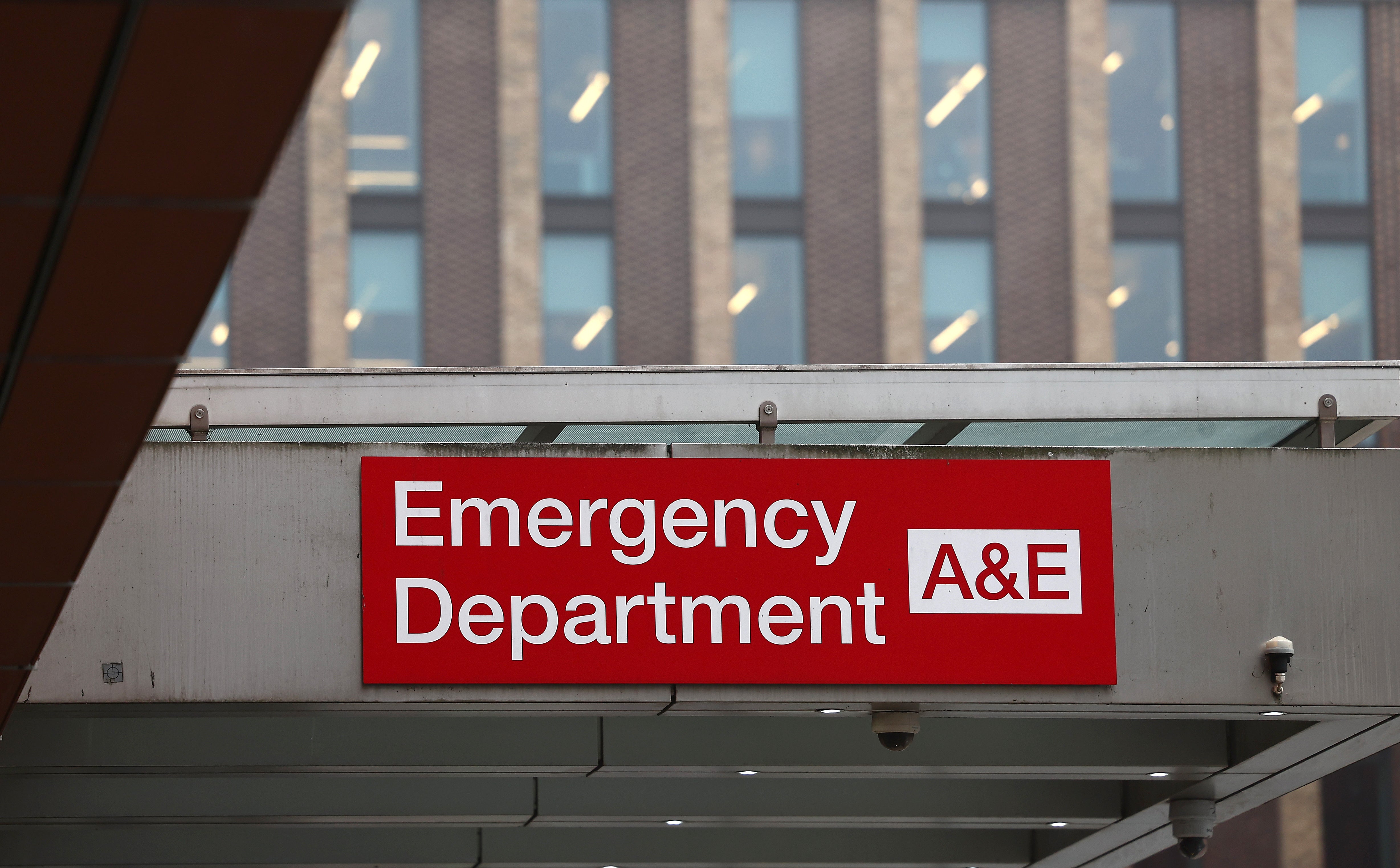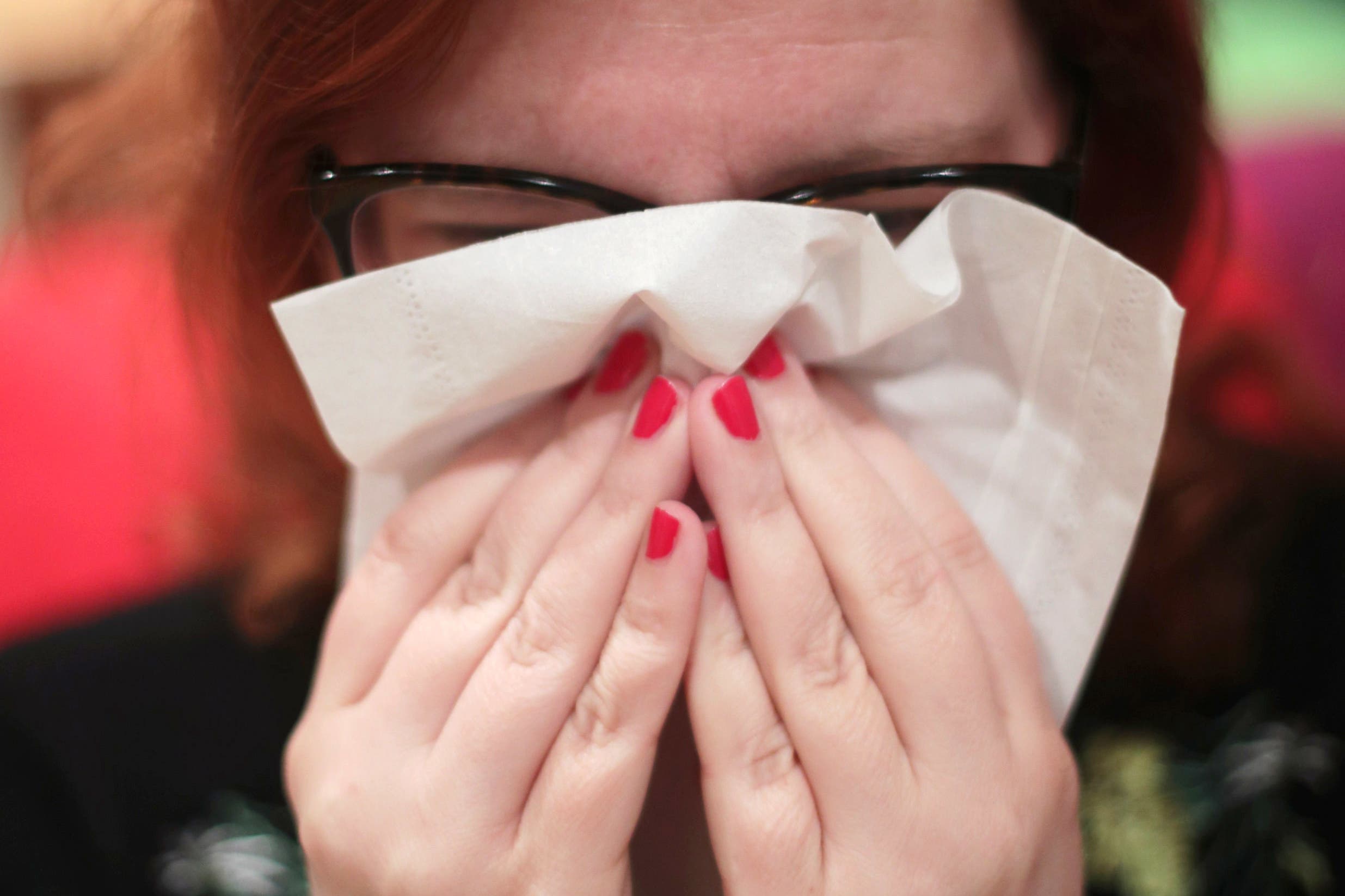NHS warns people with norovirus to stay at home as infections soar
‘If you catch it; stay home, rest and have plenty of fluids,’ NHS warns

Your support helps us to tell the story
From reproductive rights to climate change to Big Tech, The Independent is on the ground when the story is developing. Whether it's investigating the financials of Elon Musk's pro-Trump PAC or producing our latest documentary, 'The A Word', which shines a light on the American women fighting for reproductive rights, we know how important it is to parse out the facts from the messaging.
At such a critical moment in US history, we need reporters on the ground. Your donation allows us to keep sending journalists to speak to both sides of the story.
The Independent is trusted by Americans across the entire political spectrum. And unlike many other quality news outlets, we choose not to lock Americans out of our reporting and analysis with paywalls. We believe quality journalism should be available to everyone, paid for by those who can afford it.
Your support makes all the difference.People who catch norovirus have been urged by the NHS to stay at home while they recover as cases of the illness surged during December.
Healthcare professionals warned the stomach flu can be “very unpleasant” but generally clears up in around two days.
In a warning issued on Twitter, the NHS said: “Norovirus is a stomach bug that causes diarrhoea and vomiting. It can be very unpleasant, but usually goes away in about two days.
“If you catch it; stay home, rest and have plenty of fluids.”
Figures from earlier in the month reveal an 86 per cent rise in norovirus cases in hospitals compared with the same week last year - with data showing there were an average of 756 patients with norovirus in hospital beds each day in a week.
Norovirus is linked to around 12,000 hospital admissions in the UK each year, with the virus potentially able to trigger severe illness in individuals with compromised immune systems.
Diarrhoea, vomiting, nausea, and stomach pain are the most common symptoms linked with norovirus, with the illness also causing dehydration.
The warning comes after NHS officials said in early December that hospitals in England were managing “record flu levels going into winter”.
They said hospitals were facing a ‘quad-demic’ - a phrase which refers to the four conditions which add extra pressure on services in the winter months - flu, Covid-19, respiratory syncytial vicus and norovirus.

NHS data released earlier in the month show that the number of people in hospital with flu in England had jumped 41 per cent in a week - and was more than four times the number at the same point last year.
Cases of norovirus generally rise through autumn and into winter, but this year cases have shot up earlier than normal.
However, the October half-term school holidays marked an exception to this rise – with the government arguing the blip shows the highly contagious virus is passed on at schools.
The UK Health Security Agency said the impact of norovirus is far worse than the official figures show because so many norovirus cases are never reported. This is because norovirus generally runs its course quickly so people do not seek medical help.
People should wash their hands thoroughly with soap and warm water to stop norovirus spreading because alcohol-based hand sanitisers do not work on the virus, the agency added.
People are also advised to remain home for at least 48 hours after symptoms stop and use a bleach-based cleaner where they can to disinfect surfaces.
Join our commenting forum
Join thought-provoking conversations, follow other Independent readers and see their replies
Comments